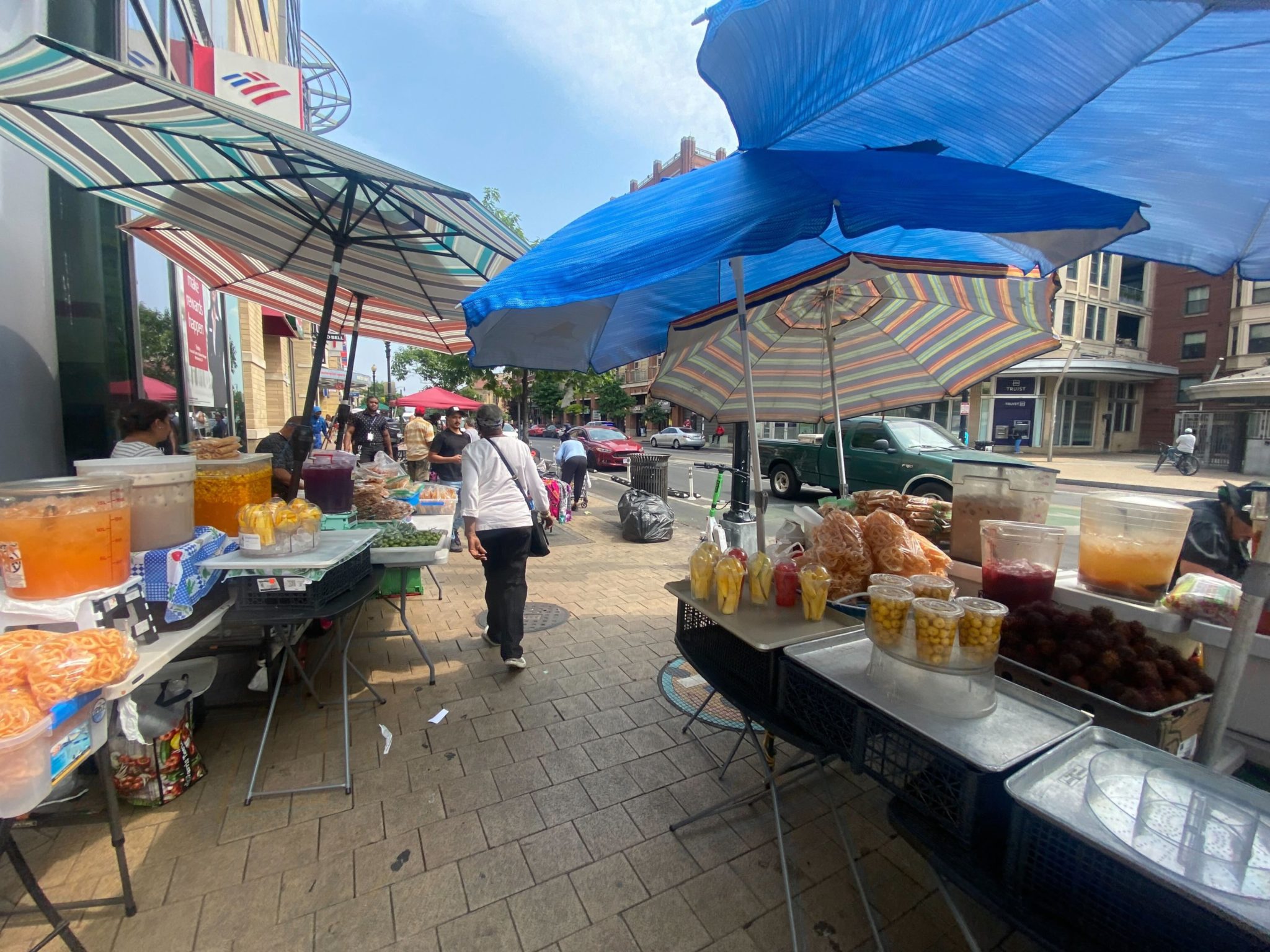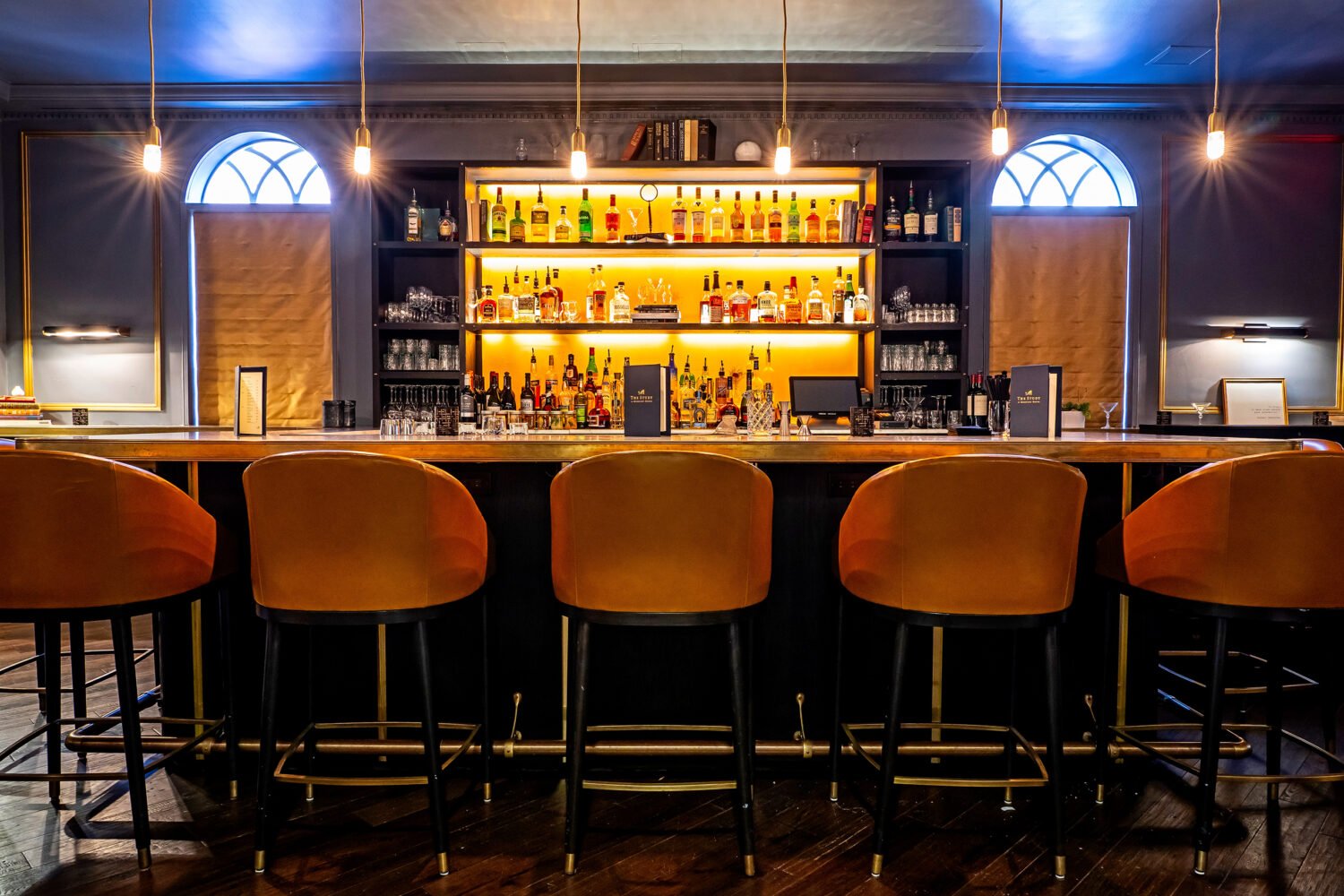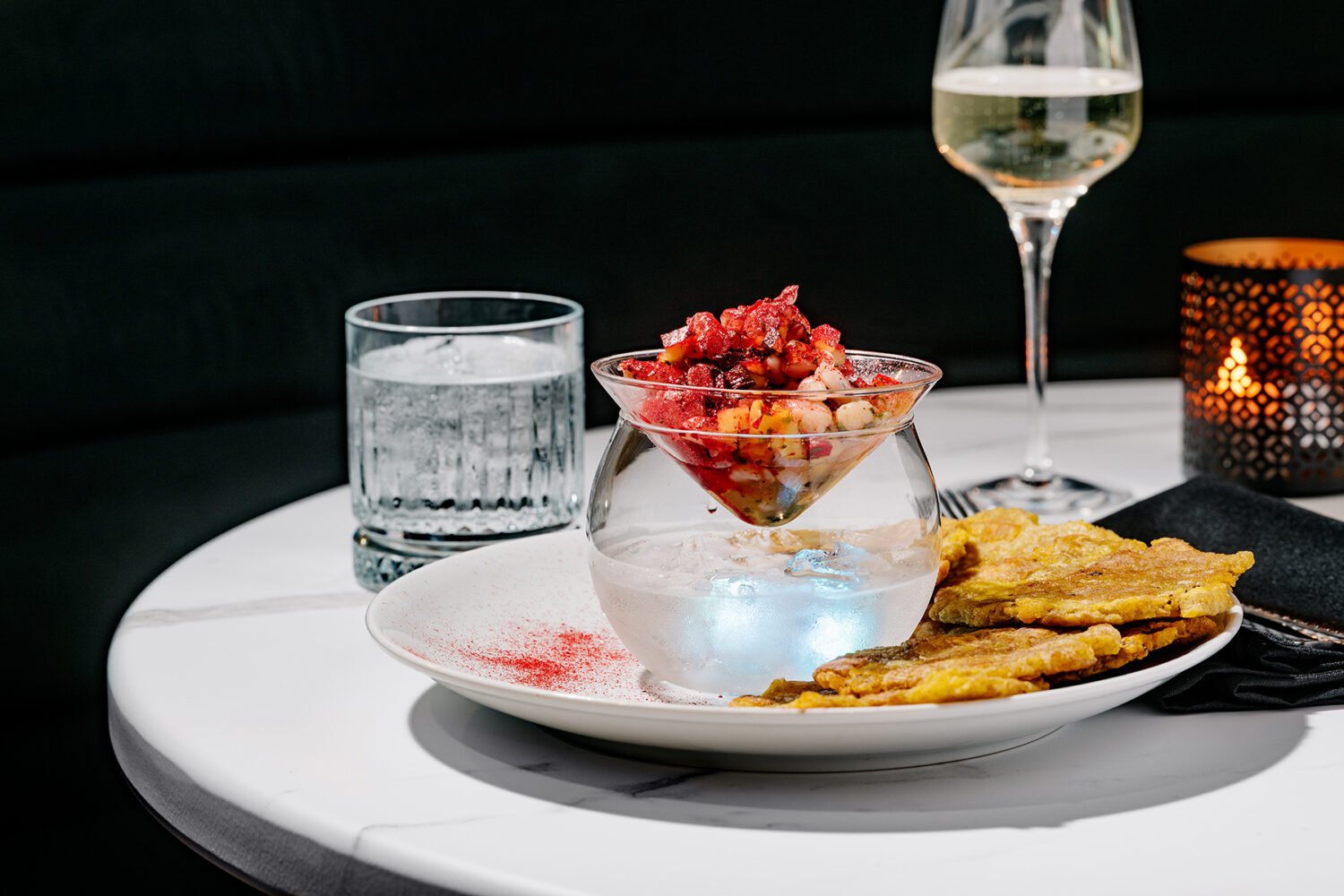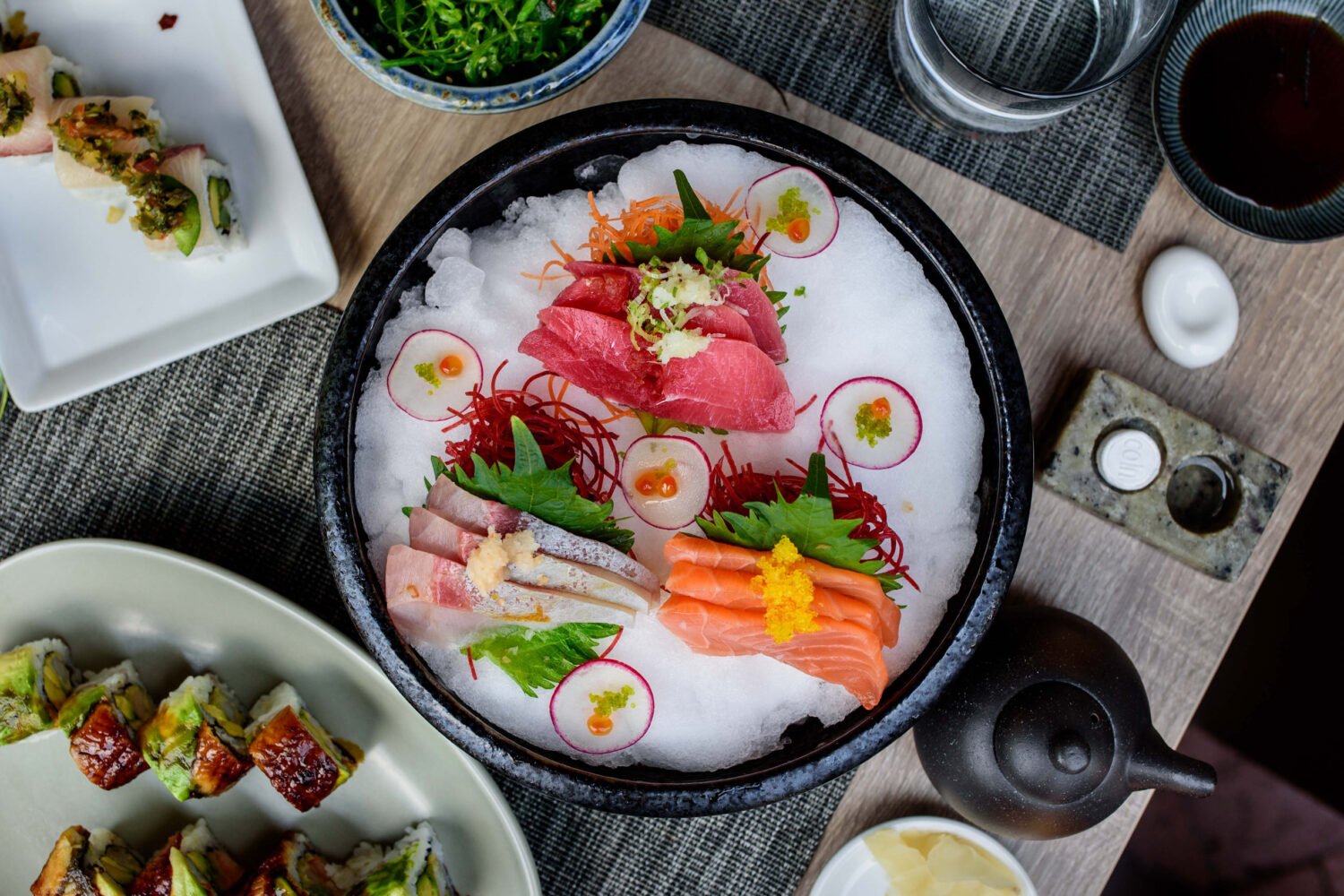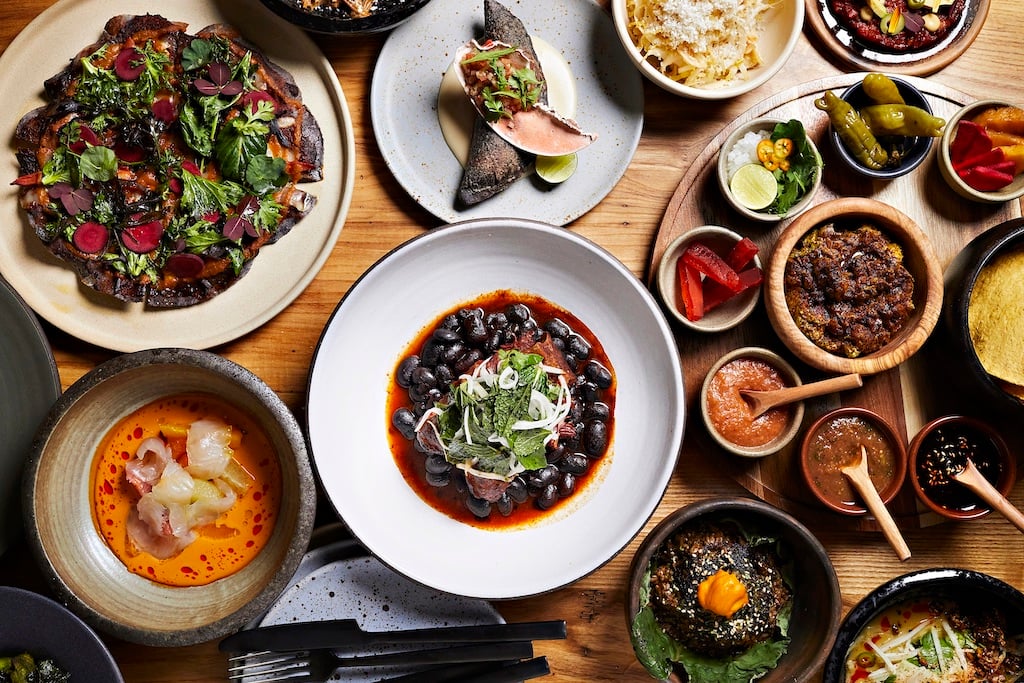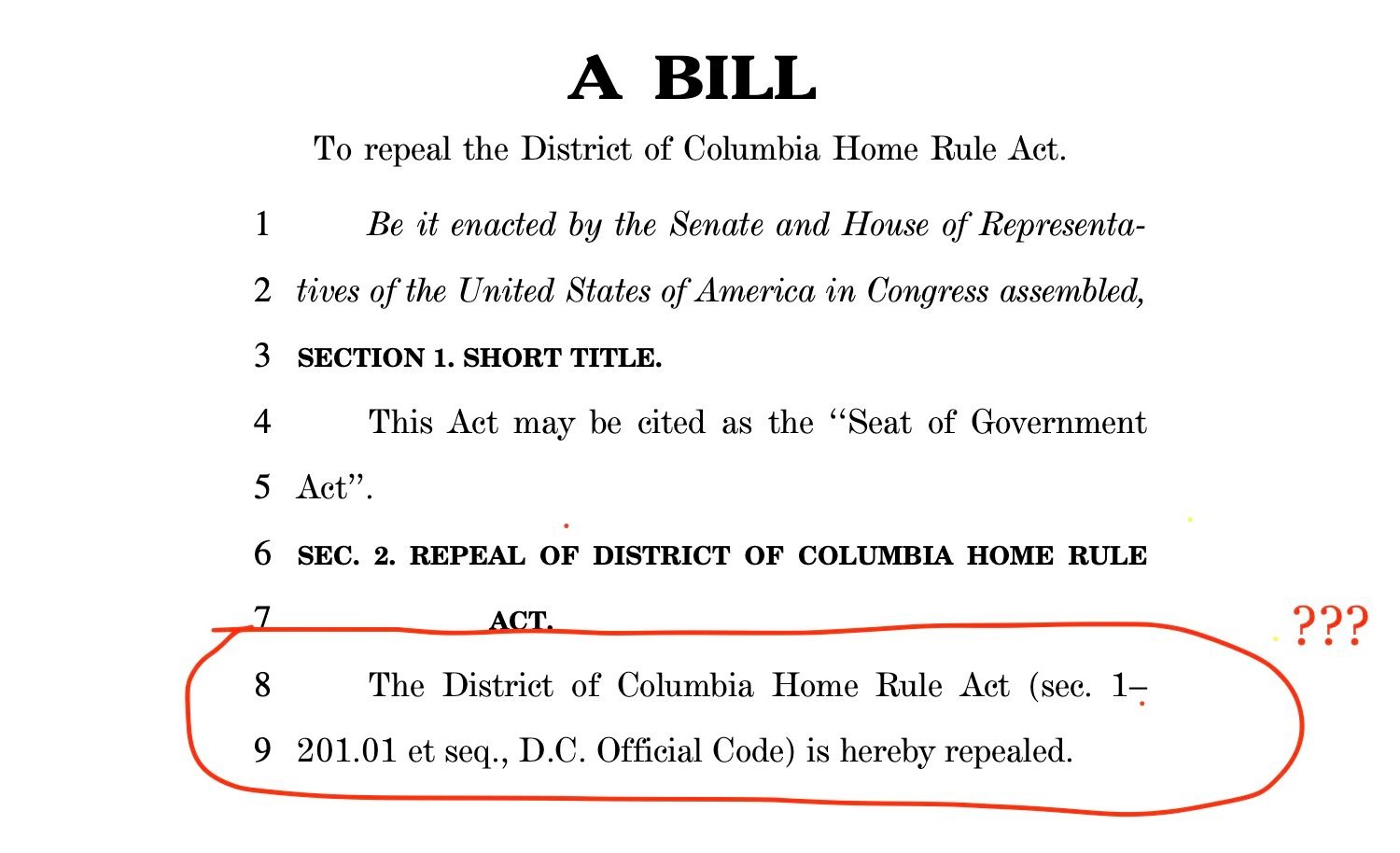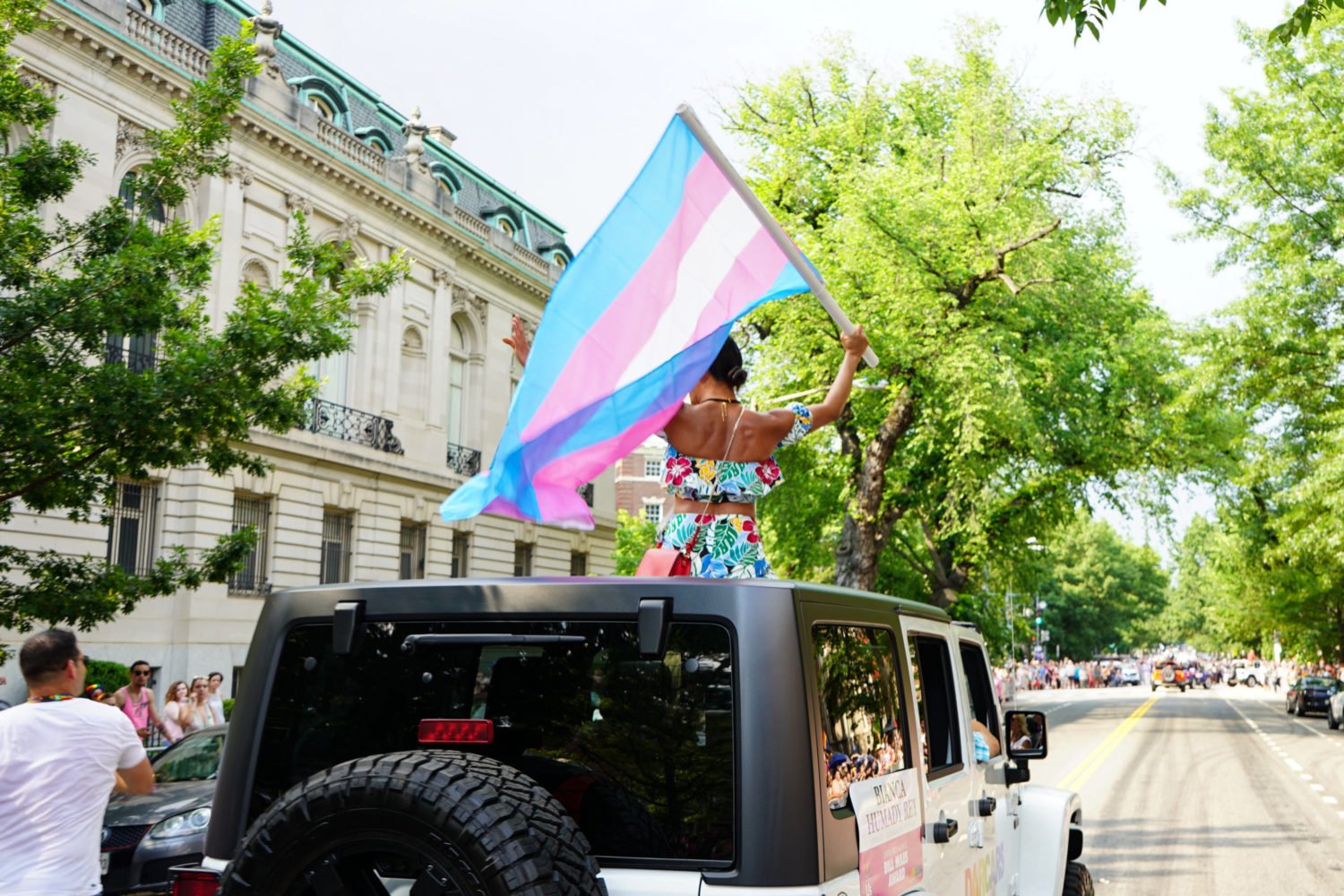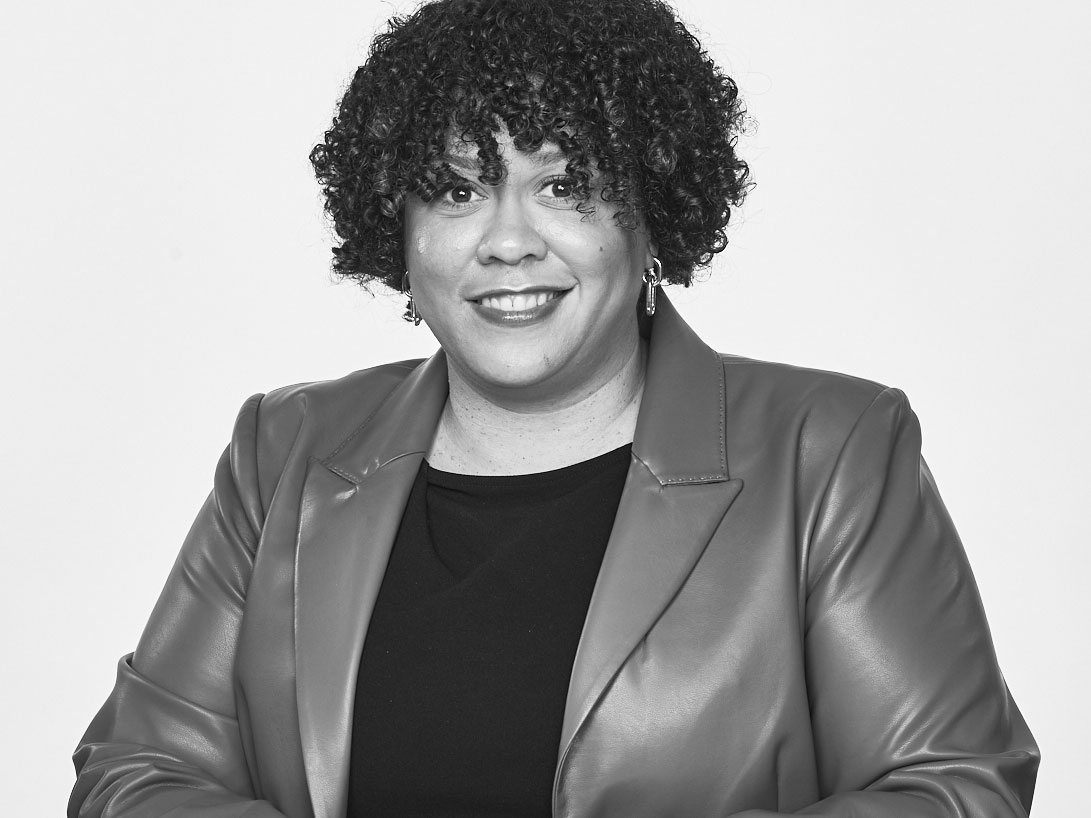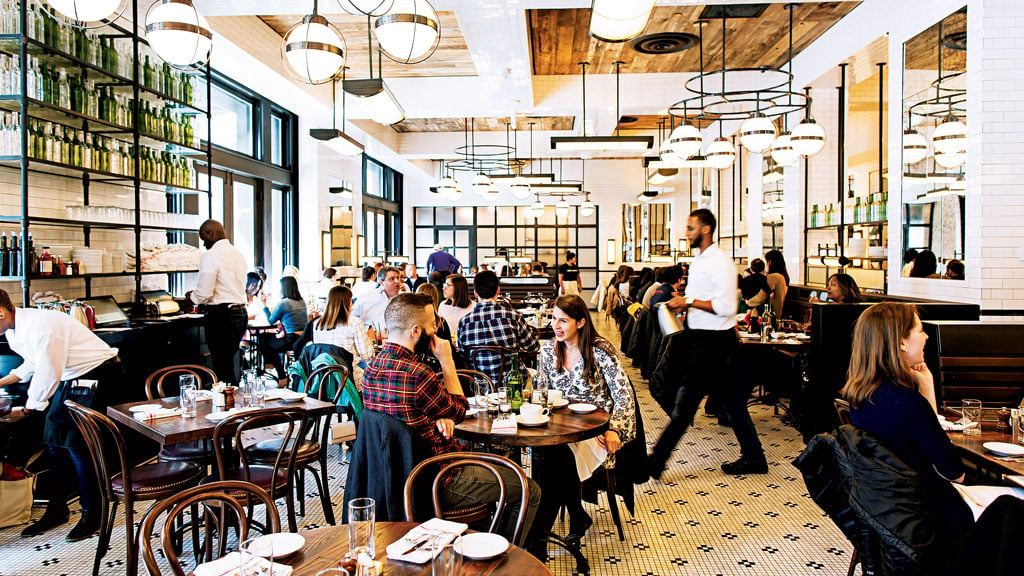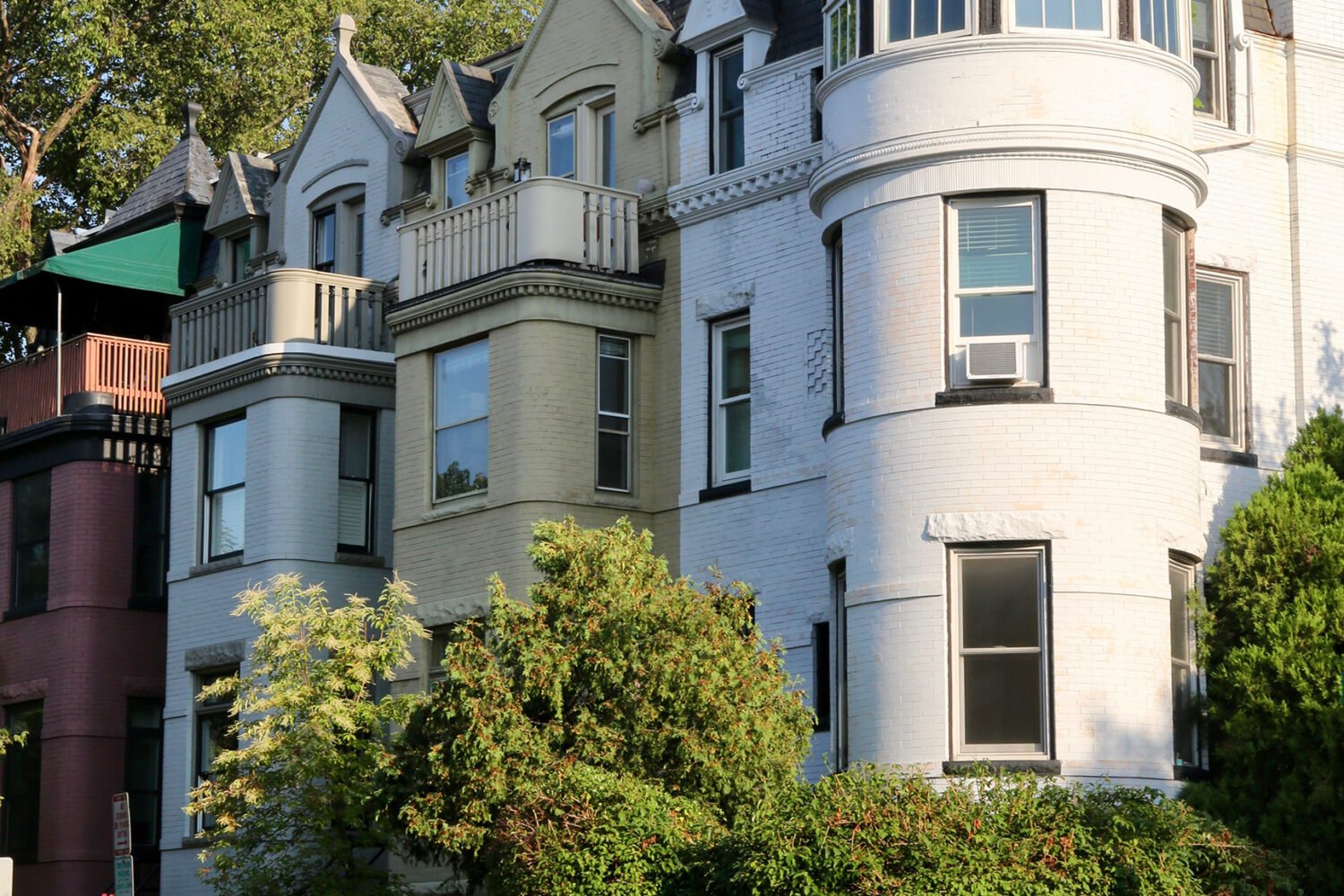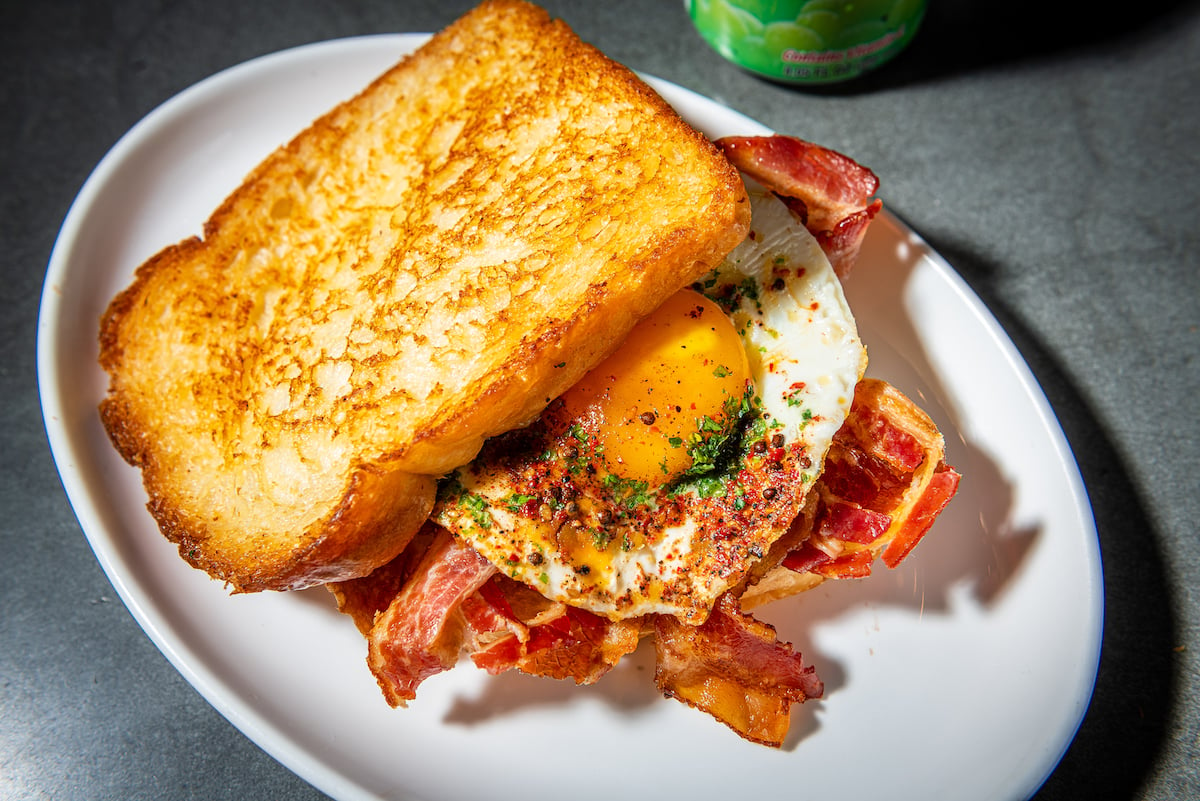The vendor market at 14th and Irving streets is a well known centerpiece of the Columbia Heights neighborhood. Sellers arrive early and leave late, setting up shop near the Columbia Heights Metro stop.
These vendors sell a slew of miscellaneous items: homemade trinkets like keychains and jewelry, second-hand books, clothes, perfume, and $7 packs of AA batteries. A group of Salvadoran women chant some variation of “Mango! Sandia! ¡Horchata! ¡Taquito!” in a ballpark-like cadence.
But street vending, which will soon be virtually decriminalized, is changing. In April, the Street Vendor Advancement Amendment Act, headed by Ward 1 Councilmember Brianne Nadeau and Chairman Phil Mendelson, was passed after years of advocacy. It will officially go into effect on July 13th. The bill makes it easier to get a vending license and less risky to operate without one. It removes the criminal background check required to get a license, reduces the fee from up to $1000 per year to $75 annually for a sidewalk license, and makes more licenses available than in previous years. The bill also creates specific sidewalk zones for vending, and most notably removes the police’s ability to arrest someone for vending without a license. In past years, vending without a license could result in a misdemeanor arrest.
One vendor, Reyna Sosa, lives in Columbia Heights. Sosa had been a street vendor in her native El Salvador before setting up shop with her friend Gloria at 14th and Irving streets over 12 years ago. It’s a long day: “Most days I get here at 9 or 10 [in the morning], and leave at 9 at night, but yesterday I left at 11:30PM because there were no sales,” Sosa says. She sells snacks like sliced mango with chamoy and tajin, chicken taquitos with yucca, and chicharron (fried pork rinds). Each is about $4.
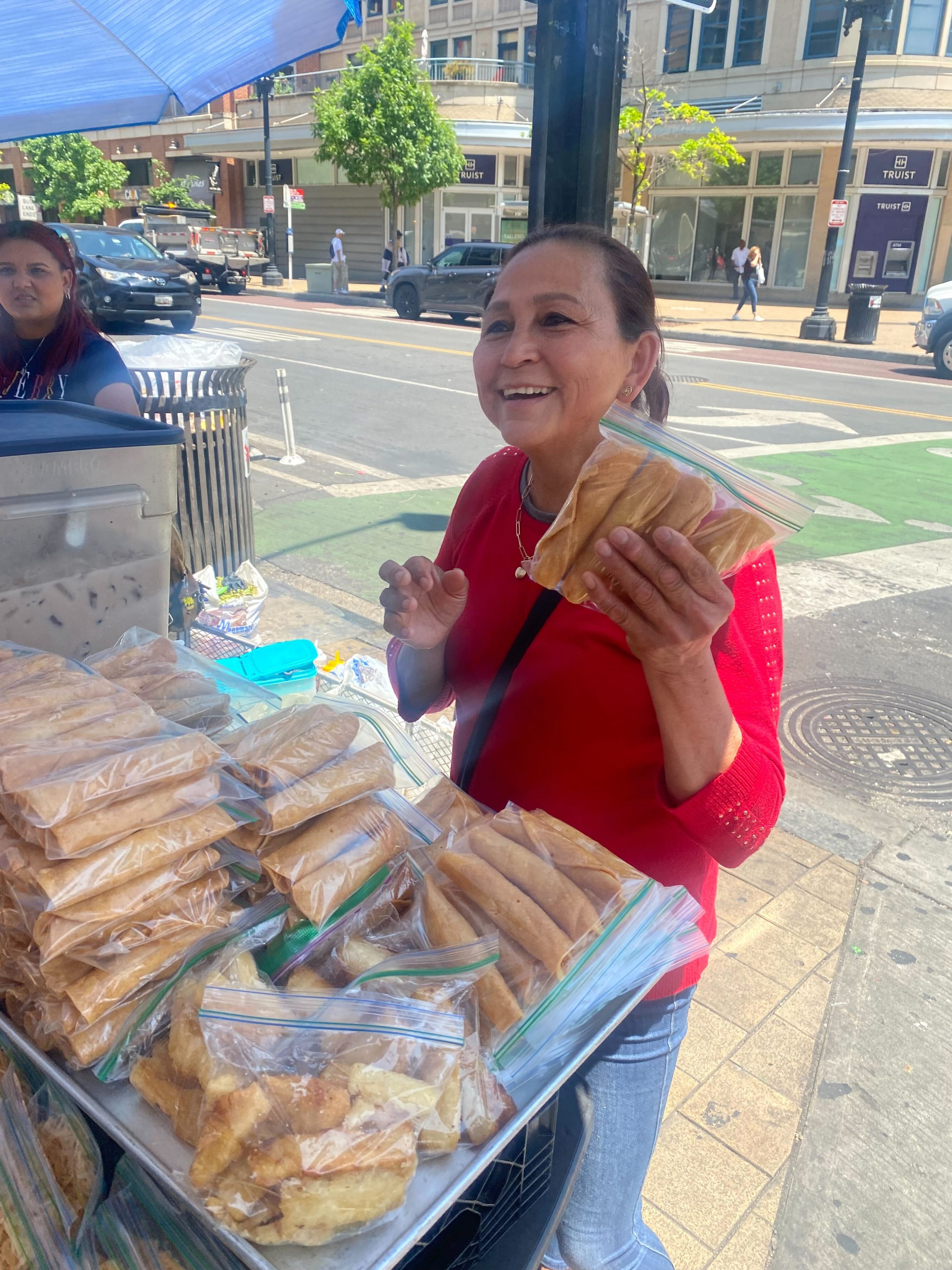
For Sosa, vending decriminalization has been tricky. In the past, she and other vendors frequently dealt with police harassment, often getting food discarded or even being arrested. Now, the reduced police presence has allowed more unlicensed vendors to set up on 14th Street—and she has more competition.
“I think that there’s a disadvantage for us because many people want to sell the same drinks, mango, watermelon,” Sosa said. “Because many people are selling the same thing, I have to stand here for hours waiting for it to sell. I sell fresh—I can’t bring this tomorrow, because this is no longer good. It’s rubbish.”
Sunni Stuart, 29, is one of those newer, unlicensed vendors directly benefiting from decriminalization. The Southeast DC native and full-time caterer noticed the “mini New York” that was the Columbia Heights market when she moved to the neighborhood in July 2022. Since then, she’s operated “Sunni Teez Kitchen,” about 50 yards away from Reyna’s fruit, selling mac’ and cheese, lamb chops, and other soul-food dishes out of large heated catering trays. Sunni was actually involved as a demonstrator in the push for decriminalization, and was present at the April City Council meeting when the council first passed the Vending Act.
While Stuart pays more attention to the other soul food vendors than the fruit vendors, she still believes that there can be space for everyone here. At the same time, she knows that the reality is more complicated: “I don’t look at nobody as competition. We all gotta eat, and we all got bills to pay,” she says.” But in [the fruit vendors’] stance, they’re really selling the same thing. Like, do you really got the best mangoes? There is a lot of hostility between Spanish vendors. I hope they do solve that, because they should come together.”
Kwasi Abdul-Jalil, a DC native who sets up his long-running table at 14th Street and Park Road, sells Afrocentric books, paintings, and figurines. He’s seen the risks shift from intense police conflict to impending vendor turf war. “I’ll give it until maybe July. Somebody is gonna die across the street, no question about that,” said Abdul-Jalil. “Everybody wants to be on prime territory, and it’s not available. It’s about location, location, location.”
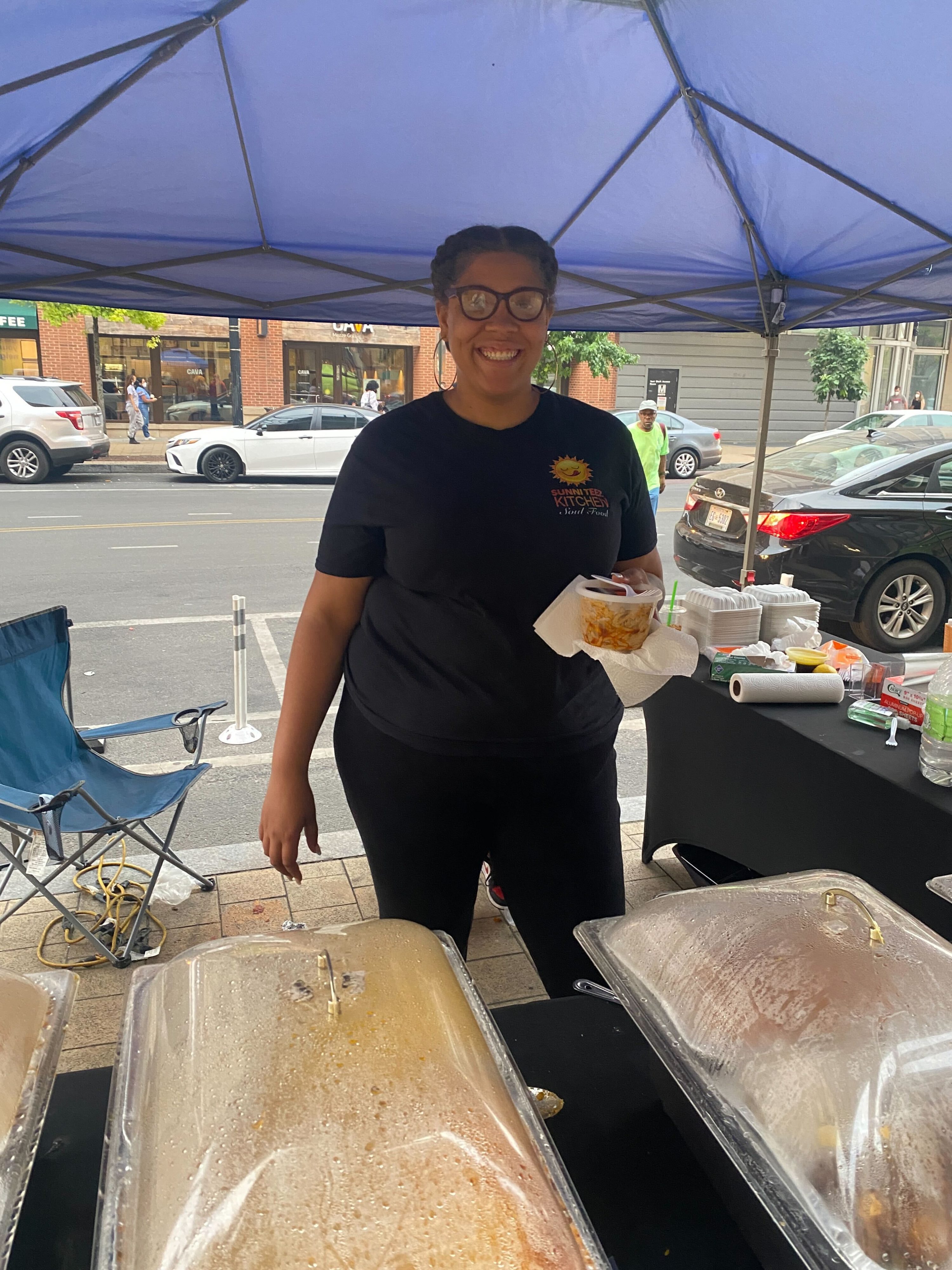
While both Nadeau and Mendelson have acknowledged that there’s still work to be done on the issue, it’s clear that the market is very competitive. Some of the newer unlicensed stands have better equipment like portable stoves and heated displays, social media presence, and use peer-to-peer money transfer services, while older ones like Reyna’s are cash only.
“Honestly, if this continues like this and more people come,” Sosa says, “I think we need to find a new place.”
*Emily Fox served as translator for parts of this story.

